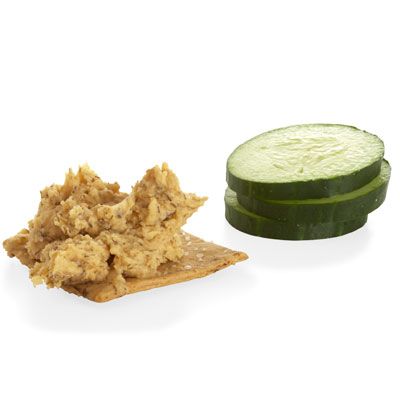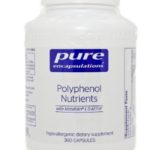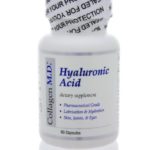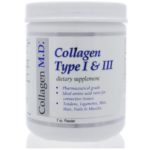Hashimoto’s Thyroiditis
Hashimoto thyroiditis is the most common form of thyroid gland inflammation (thyroiditis) and the most frequent cause of decreased thyroid hormone production hypothyroidism. It results from an autoimmune disorder, an attack on the thyroid gland by a person’s own immune system.
The thyroid gland is a butterfly-shaped organ that lies flat against the windpipe in the throat. It produces the hormones thyroxine (T4) and triiodothyronine (T3) and plays an important role in controlling the body’s metabolism.
With Hashimoto thyroiditis, the thyroid becomes enlarged, called a goiter. Thyroid gland tissue is slowly destroyed by white blood cells called lymphocytes that move into the thyroid gland and by one or more thyroid autoantibodies. This causes a progressive decrease in the production of thyroid hormones.
About 1 in 1,000 people are diagnosed annually with Hashimoto thyroiditis, and the number has been increasing over time due to improvements in diagnostic techniques. This disorder can affect anyone at any age but occurs most commonly in women who are between 30 and 50 years of age. The ratio of women to men diagnosed with the disease is 20 to 1. People with a family history of thyroid diseases or with other autoimmune diseases, especially type 1 diabetes or adrenal insufficiency are at increased risk.
Those affected by Hashimoto thyroiditis may not have any symptoms for several years, but eventually most will experience some degree of hypothyroidism that worsens over time.
Signs and Symptoms
Constipation
Depression
Dry skin
Fatigue
Forgetfulness
Increased sensitivity to cold
Menstrual irregularities, heavy and excessive bleeding
Muscle and joint pain
Muscle weakness
Sluggishness
Thinning hair
Weight gain
For pregnant women, increased risk of miscarriage
Tests
Testing is done to evaluate the health of the thyroid, diagnose Hashimoto thyroiditis, and monitor treatment.
To determine whether the thyroid is functioning properly and for monitoring thyroid function and hormone production, one or more of the following blood tests may be done:
Thyroid-stimulating hormone (TSH) – typically elevated in hypothyroidism
Free T4 – often decreased in primary hypothyroidism
Total or Free T3 – sometimes decreased but may be within the normal reference range, so is not as useful as free T4
Additional tests may be used to detect autoantibodies directed against the thyroid and to help diagnose Hashimoto thyroiditis:
Anti-thyroid peroxidase antibody (anti-TPO, see Thyroid Antibodies) – this test detects the presence of autoantibodies against a protein found in thyroid cells. A high value usually indicates autoimmune damage to the thyroid due to disorders such as Hashimoto thyroiditis and Graves disease.
Antithyroglobulin antibody (TgAb) – if positive, may indicate Hashimoto thyroiditis; while thyroglobulin antibodies are often positive, they are not as sensitive or specificas anti-TPO so they are not routinely ordered.
People with a very mild form of Hashimoto thyroiditis may not have thyroid antibodies present in their blood.
Treatment
There is no cure for Hashimoto thyroiditis, but the disorder is manageable. No treatment is required when thyroid hormone concentrations (T4 and T3) are normal and the affected person is not experiencing significant symptoms. Thyroid hormone replacement therapy is typically necessary, however, when thyroid hormone production becomes significantly decreased and symptoms begin to emerge or worsen. Those with Hashimoto thyroiditis are closely monitored, and thyroid hormone replacement therapy is initiated and/or adjusted as necessary.
https://medlineplus.gov/ency/article/000371.htm






